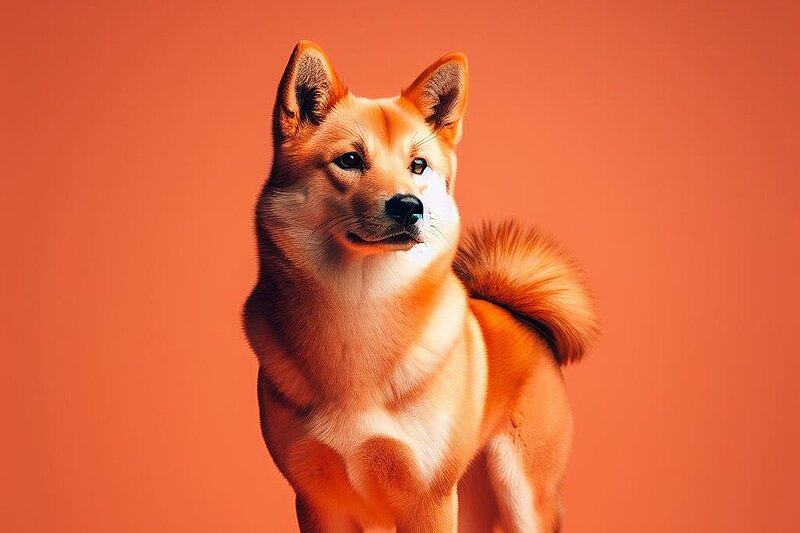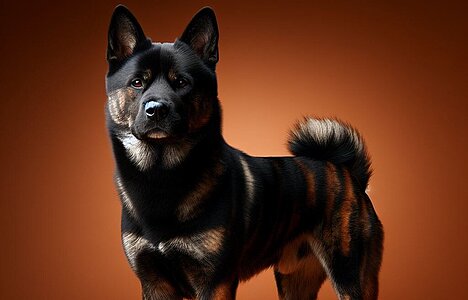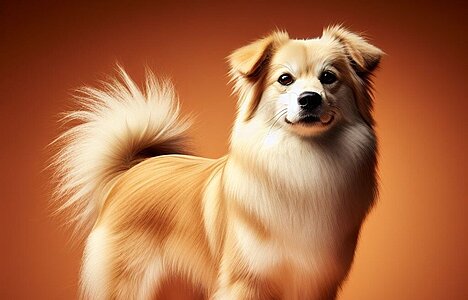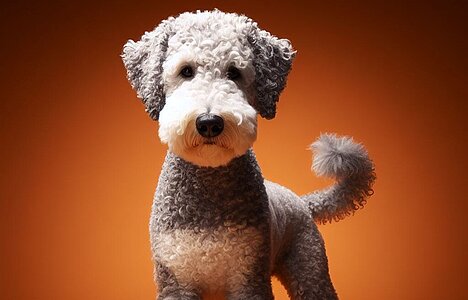The Korean Jindo: a loyal companion with a history
The history of the Korean Jindo
The Korean Jindo has its roots on the island of Jindo, which is located in the southwest of Korea. The breed has existed there for centuries and was originally used for hunting and property protection. Thanks to their excellent hunting skills, Korean Jindos were often used to hunt wild boar, deer and even tigers. This impressive history has given the breed a high status in Korean culture.
Who is the Korean Jindo suitable for?
The Korean Jindo is not suitable for everyone. This breed needs an experienced dog owner who is able to provide consistent and loving leadership. Korean Jindos are known for their loyalty to their family, but can be reserved and suspicious of strangers. They are ideal for active people who spend a lot of time outdoors and can provide their dog with sufficient physical and mental stimulation.
Character traits of the Korean Jindo
Korean Jindos are intelligent, courageous and independent. They are characterized by their exceptional loyalty to their owners and are known to form a close bond once, which lasts a lifetime. Despite their loyalty, they are very independent and can sometimes be stubborn. This makes them a challenge for inexperienced dog owners, but a rewarding companion for those who are up to the task.
Appearance and size
The Korean Jindo is a medium-sized dog with an elegant, muscular build. Males reach a shoulder height of 50 to 55 cm and weigh between 18 and 23 kg, while females are somewhat smaller and lighter. They have a double coat, which can come in colors such as white, red, yellow, grey and black. Their almond-shaped eyes and erect ears give them an alert and intelligent expression.
Grooming and health
Coat care
The Korean Jindo's double coat requires regular grooming, especially during the spring and fall shedding season. Weekly brushing is usually sufficient to keep the coat healthy and tangle-free. During shedding periods, daily brushing may be necessary.
Health
Korean Jindos are generally a healthy breed, but as with all dogs, there are certain health issues to watch out for. The most common health problems include hip dysplasia and hypothyroidism. Regular veterinary check-ups and a balanced diet will help to keep your Korean Jindo healthy.
Exercise and exercise
Korean Jindos are active dogs that need plenty of exercise. Daily walks and playtime are a must. These dogs love to run and explore, so a securely fenced garden is ideal. Due to their independence and hunting instincts, they should be kept on a lead when not in a secure area.
City or country?
Although Korean Jindos are happiest in rural areas with plenty of room to run around, they can also adapt to city life provided they get enough exercise and mental stimulation. An apartment is only suitable if the owner is prepared to devote a lot of attention to the dog's exercise needs.
Training and education
Korean Jindos are intelligent and capable of learning, but also independent and sometimes stubborn. Early and consistent training is crucial. Positive reinforcement methods work best. Socialization is also very important to ensure that the dog gets along well with other people and animals.
Behavior with children and other animals
Korean Jindos can be good family dogs, but they need early socialization and training to get along well with children and other animals. However, due to their strong hunting instinct, they should not be left unsupervised with small pets.
Recognition by the FCI
The Korean Jindo is recognized by the Fédération Cynologique Internationale (FCI) in Group 5 (Spitz and primitive type dogs). This recognition underlines the importance and standard of this unique breed.
Information
Country of origin
Appearance
Height at withers
Weight
Life expectancy
Breeding
FCI-Group
Standard
Section
More pictures
Similar to Korean Jindo
These dog breeds look similar to the Korean Jindo or resemble it in character.




